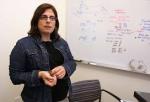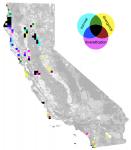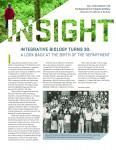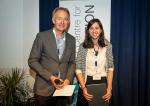UC Berkeley study reveals hummingbirds prioritize fighting over feeding
Submitted by rhkayen on Wed, 01/23/2019 - 08:08According to lead scientist on the project and Miller Postdoctoral Fellow at UC Berkeley Alejandro Rico-Guevara, physical traits observed in male hummingbirds in the tropics of Central and South America could not be explained through adaptations to feeding strategies.








